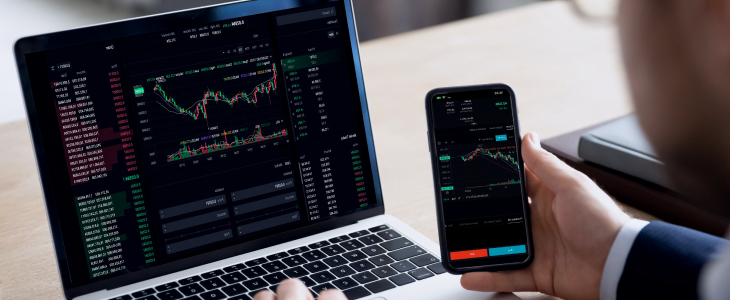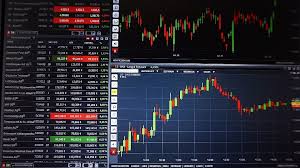
The Importance of Forex Trading Regulations in Today’s Market
In the bustling world of finance, Forex trading stands out as one of the most dynamic markets, attracting millions of traders worldwide. However, with such popularity comes the critical need for regulations that ensure fair and transparent trading practices. Understanding forex trading regulations Forex Trading Apps regulations is imperative for both new and seasoned traders to safeguard their investments and enhance their trading proficiency.
What Are Forex Trading Regulations?
Forex trading regulations are a set of laws and guidelines designed to maintain order in the foreign exchange market. These regulations are enforced by various financial authorities across the globe to protect traders from fraudulent activities and ensure that brokers maintain a high standard of integrity and practice. Depending on the country, Forex regulations may vary significantly but generally aim to create a safe trading environment.
Why Are Regulations Important?
Regulations are crucial for numerous reasons, including:
- Investor Protection: Regulations provide safeguards against scams and unethical practices that could lead to significant financial losses for traders.
- Market Integrity: They help ensure that all traders have equal access to information and opportunities, thus promoting a level playing field.
- Transparency: By enforcing transparency in transactions and operations, regulations help establish trust between traders and brokers.
- Risk Mitigation: Regulatory frameworks often require brokers to maintain sufficient capital reserves, reducing the risk of insolvency.

Key Regulatory Bodies in Forex Trading
Several regulatory bodies oversee Forex trading practices in different countries. Here are some of the most prominent:
- Commodity Futures Trading Commission (CFTC) – USA: This independent agency regulates the U.S. derivatives markets, including Forex.
- Financial Conduct Authority (FCA) – UK: The FCA is known for its rigorous standards and is respected globally for protecting consumers and maintaining the integrity of the financial markets.
- European Securities and Markets Authority (ESMA) – EU: ESMA enhances the protection of investors and promotes stable and orderly financial markets within the European Union.
- Australian Securities and Investments Commission (ASIC) – Australia: ASIC enforces laws to protect consumers against unfair trading practices and to ensure market integrity.
Types of Regulations Affecting Forex Traders
Regulations can be broadly categorized into a few key areas:
- Licensing: Brokers must obtain licenses to operate legally within a jurisdiction, ensuring they adhere to local regulations.
- Capital Requirements: Regulatory authorities often mandate that brokers maintain a certain level of capital to minimize the risk of default.
- Reporting Obligations: Brokers are required to provide regular reports and disclosures related to their financial status and trading operations.
- Leverage Restrictions: To protect traders from excessive risk, some jurisdictions impose limits on how much leverage brokers can offer to clients.
The Impact of Regulations on Forex Brokers

For Forex brokers, adhering to regulatory standards can significantly impact their business operations. Compliance often requires investing in robust systems for monitoring trades, reporting to authorities, and maintaining adequate capital reserves. While these measures may represent an additional cost for brokers, they also instill confidence in clients, which can lead to increased trading volumes and improved business reputation.
How to Choose a Regulated Forex Broker
Choosing a regulated Forex broker is vital for ensuring a safe trading environment. Here are some tips:
- Verify Regulation: Always check whether the broker is regulated by a credible authority. This information is usually available on their website.
- Review Trading Conditions: Assess the broker’s trading fees, spreads, and leverage offerings to ensure they align with your trading strategy.
- Read Reviews and Feedback: Look for reviews from other traders to gauge the broker’s reputation and reliability.
- Test Customer Support: Efficient and responsive customer service is crucial, especially for resolving issues during live trading.
The Future of Forex Trading Regulations
As Forex trading continues to evolve, so too will the regulations governing it. Increasing demands for greater transparency, accountability, and trader protection will likely lead to stricter regulations in the coming years. Additionally, advancements in technology, such as cryptocurrencies and blockchain, may also prompt regulators to adapt existing frameworks to address new challenges and opportunities in the market.
Conclusion
In conclusion, Forex trading regulations play a fundamental role in maintaining a fair and secure trading environment. For traders, understanding these regulations is essential for making informed decisions and protecting their investments. By choosing regulated brokers and staying updated on regulatory changes, traders can navigate the Forex market confidently and effectively.


